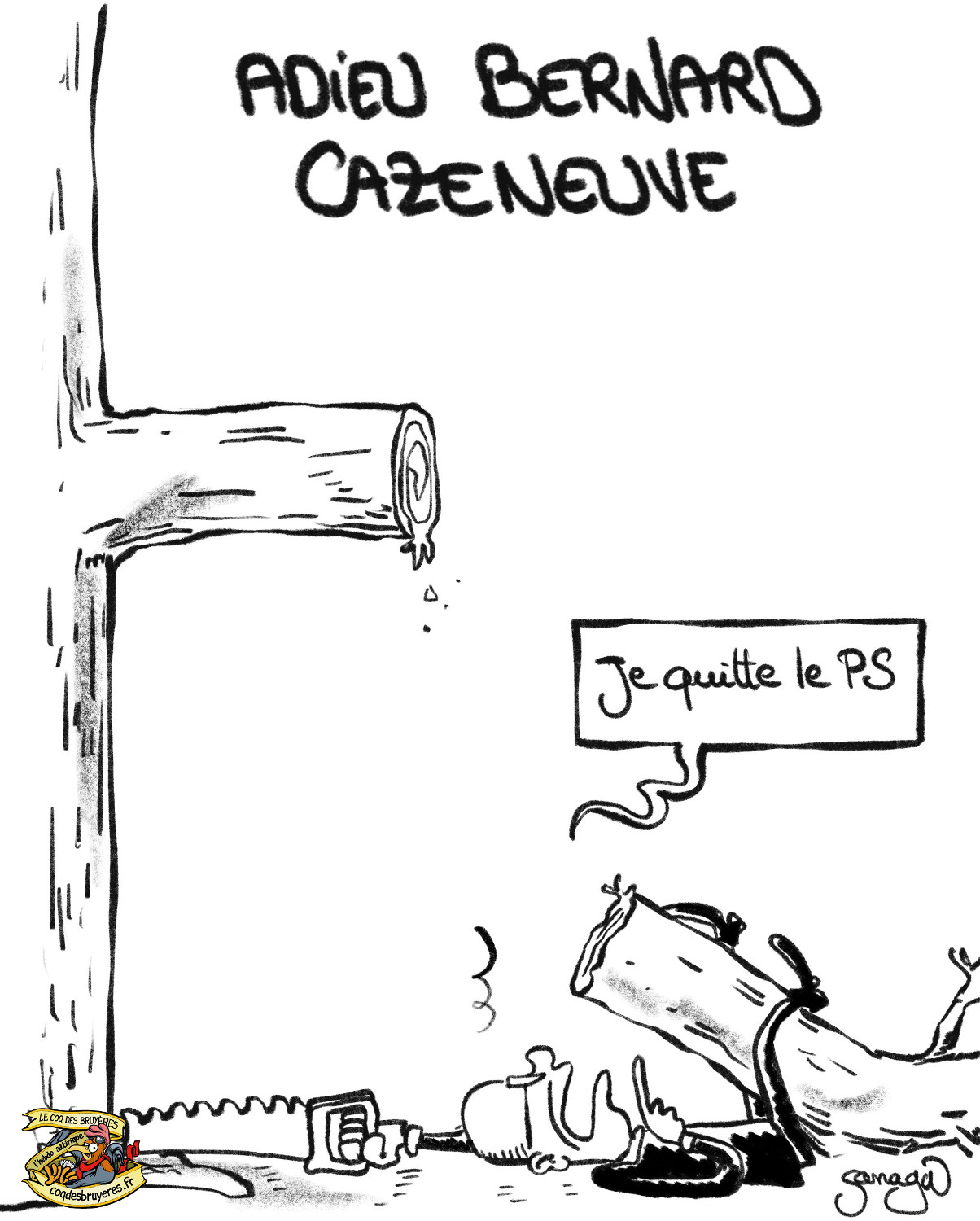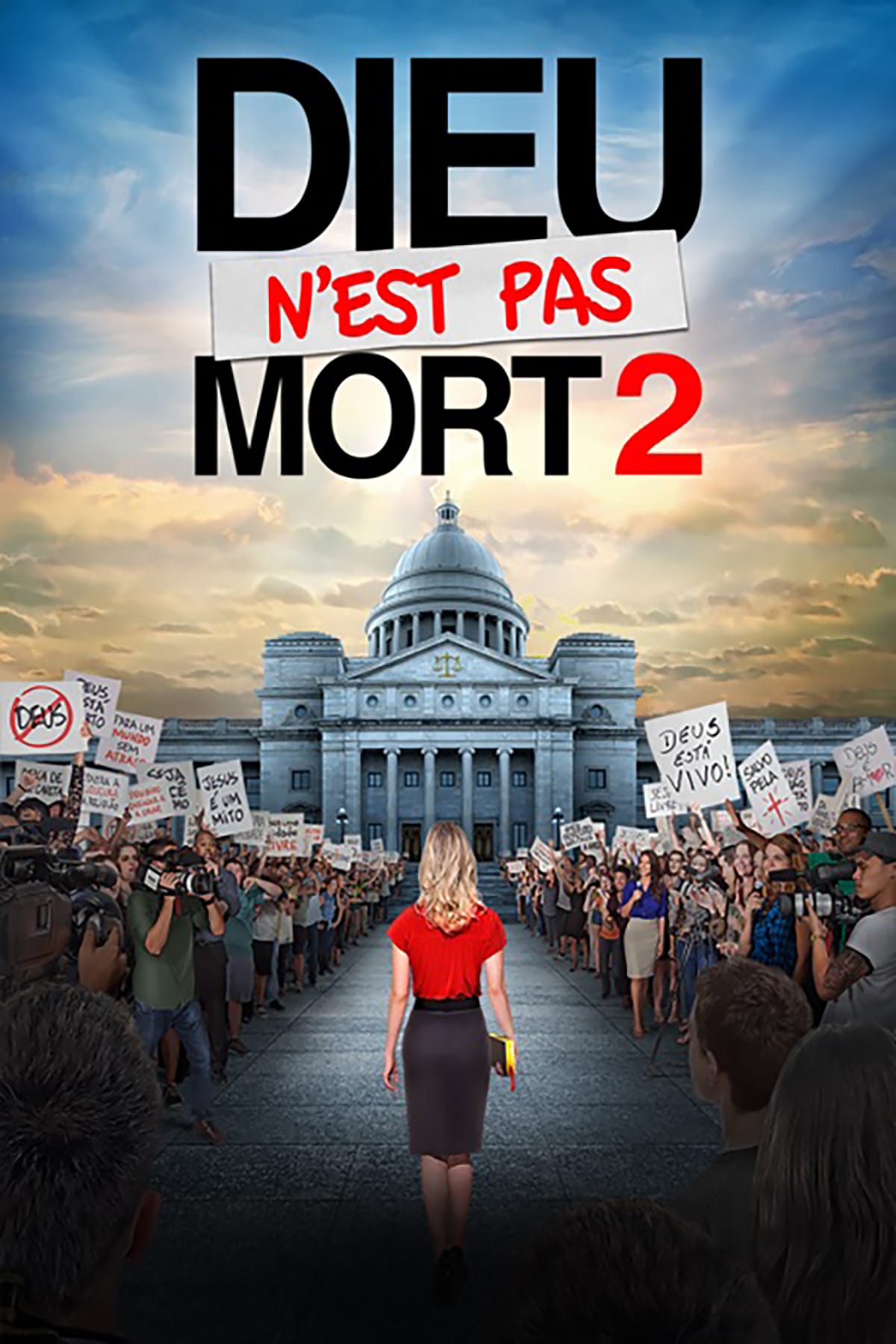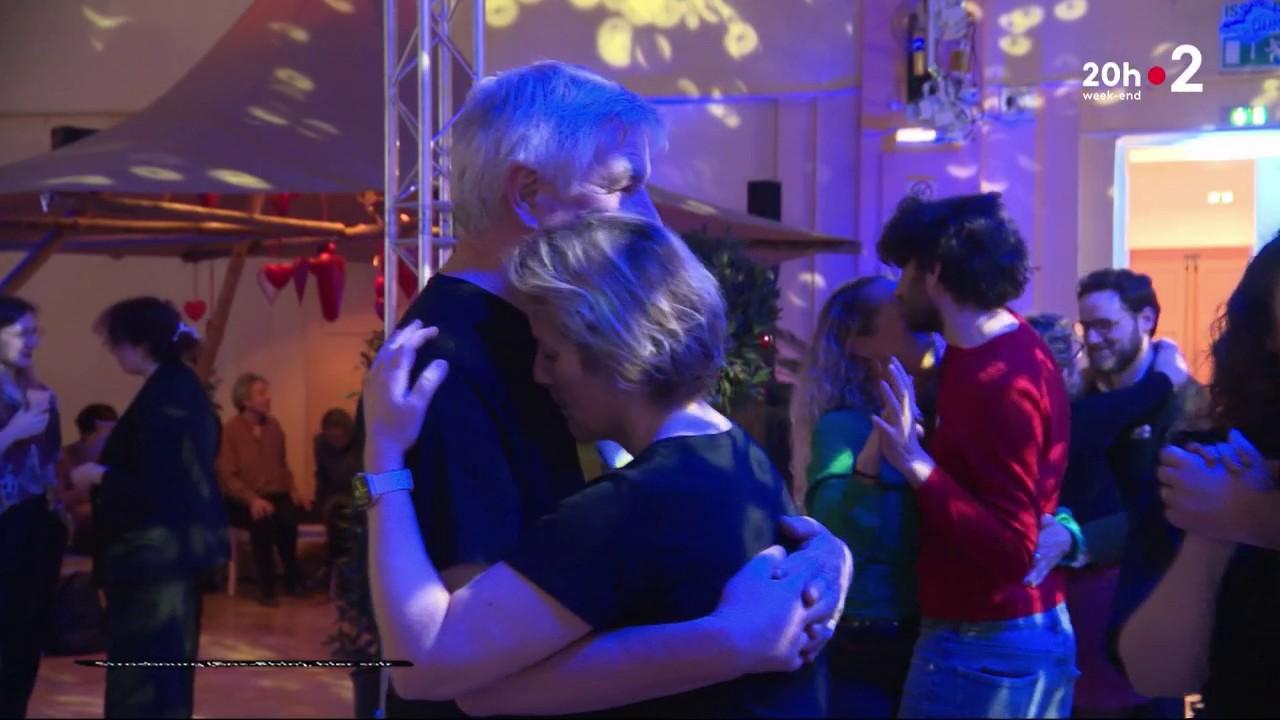Why "Le Cholismo N'est Pas Mort" Still Echoes In Modern Times
Le Cholismo n'est pas mort. These words have sparked debates, ignited passions, and fueled discussions across the globe. From political circles to social media platforms, the phrase continues to resonate with people who believe in its principles. But what exactly does it mean? And why does it matter today? Let me tell you, this ain't just some random buzzword. It's a movement that has stood the test of time, and its relevance is stronger than ever.
When we talk about Le Cholismo, we're diving into a world where passion meets ideology. It represents more than just a political stance; it's a cultural phenomenon that has shaped societies in ways you wouldn't expect. Think of it like a song that keeps playing in the background of history, influencing everything from governance to grassroots activism. This isn't just about politics—it's about people, their values, and their dreams.
Now, you might be wondering why we're discussing this topic in 2023. Well, buckle up, because the journey through Le Cholismo is like riding a rollercoaster. There are highs, lows, and unexpected twists that make it such an intriguing subject. So, whether you're a history buff, a political enthusiast, or someone who just wants to understand the world better, this article's got something for everyone. Let's dive right in, shall we?
- Le Berna Hd The Ultimate Guide To Capturing Life In Stunning Clarity
- Airbrush 5 En 1 Avis The Ultimate Review Thatll Have You Hitting The Buy Button
Table of Contents
- What is Le Cholismo?
- Historical Background of Le Cholismo
- Key Figures in Le Cholismo
- The Modern Impact of Le Cholismo
- Political Influence of Le Cholismo
- Cultural Significance
- Economic Effects of Le Cholismo
- Controversies Surrounding Le Cholismo
- Global Perception of Le Cholismo
- Future Outlook for Le Cholismo
What is Le Cholismo?
Le Cholismo, in its essence, is a political and social movement that originated in Latin America. It’s named after Hugo Chávez, the former president of Venezuela, who became its most prominent figure. But here's the thing—it's not just about one person. Le Cholismo represents a broader ideology centered around social justice, equality, and the empowerment of the working class. It's like a recipe where each ingredient plays a crucial role in creating a delicious dish.
This movement isn't just about speeches and rallies. It's about action—real, tangible steps towards improving the lives of ordinary people. Think of it as a blueprint for change, where the focus is on redistributing wealth, providing access to healthcare and education, and ensuring that everyone has a voice in the decision-making process. And let's not forget, it's all about sticking it to the elites who've been calling the shots for too long.
Core Principles of Le Cholismo
- Emphasis on social programs to uplift marginalized communities.
- Strong focus on national sovereignty and independence.
- Advocacy for anti-imperialist policies and solidarity among nations.
- Promotion of participatory democracy where citizens have a say in governance.
Historical Background of Le Cholismo
The roots of Le Cholismo go back to the late 20th century when Latin America was grappling with economic instability and political turmoil. It was during this period that leaders like Hugo Chávez emerged, promising a new vision for the future. Imagine a time when people were fed up with corruption, inequality, and the lack of opportunities. That's where Le Cholismo found its footing.
- Live Tv 790 Your Ultimate Streaming Experience
- Unveiling The Magic Your Ultimate Guide To Animated Cartoons In 2000
Chávez, with his charismatic personality and bold promises, quickly became the face of this movement. He tapped into the frustrations of the masses and offered them hope. But it wasn't just about him. Le Cholismo was built on the foundations laid by earlier socialist and revolutionary movements, making it a continuation of a long-standing tradition.
Key Events in the Development of Le Cholismo
- Hugo Chávez's election as president of Venezuela in 1998.
- The introduction of the Bolivarian Revolution, aimed at transforming Venezuelan society.
- Expansion of social programs, including healthcare and education initiatives.
Key Figures in Le Cholismo
While Hugo Chávez remains the most recognizable name associated with Le Cholismo, the movement has been shaped by several other influential figures. These individuals have contributed to its growth and evolution over the years. Think of them as the backbone of the movement, each bringing their unique perspective and expertise to the table.
Let's take a closer look at some of these key figures:
Hugo Chávez
Chávez, the man who put Le Cholismo on the map, was a former military officer turned politician. His rise to power was nothing short of remarkable, marked by a series of bold moves that challenged the status quo. He wasn't afraid to speak his mind, and his policies reflected his commitment to the ideals of Le Cholismo.
Nicolás Maduro
Following in Chávez's footsteps, Nicolás Maduro has continued to champion the cause of Le Cholismo. His tenure has been marked by both praise and criticism, as he navigates the complex landscape of Venezuelan politics. Despite the challenges, he remains a staunch advocate for the movement's principles.
The Modern Impact of Le Cholismo
Fast forward to today, and Le Cholismo is still making waves. Its influence can be seen in various aspects of modern society, from politics to culture. But how exactly has it impacted the world we live in? Let's explore some of the ways this movement continues to shape our reality.
In the political arena, Le Cholismo has inspired a new generation of leaders who are unafraid to challenge the traditional power structures. These leaders are redefining what it means to govern, putting people's needs at the forefront of their agendas. And it's not just limited to Latin America—its influence has spread to other parts of the world, sparking similar movements.
Le Cholismo in the Digital Age
The rise of social media has played a significant role in amplifying the message of Le Cholismo. Platforms like Twitter and Instagram have become powerful tools for spreading awareness and mobilizing supporters. It's like having a megaphone that can reach millions of people at the click of a button.
Political Influence of Le Cholismo
When it comes to politics, Le Cholismo has left an indelible mark. Its policies have reshaped the political landscape in Venezuela and beyond, influencing everything from economic strategies to foreign relations. But what does this mean for the average citizen? Let's break it down.
One of the most significant impacts has been the shift towards more inclusive governance. Le Cholismo has championed the idea that everyone should have a voice in how their country is run. This has led to the implementation of participatory democracy initiatives, where citizens are actively involved in decision-making processes.
Challenges and Criticisms
Of course, no movement is without its challenges. Le Cholismo has faced criticism from various quarters, with opponents arguing that its policies have led to economic instability and political polarization. However, supporters maintain that these challenges are part of the growing pains of any transformative movement.
Cultural Significance
Beyond politics, Le Cholismo has had a profound impact on culture. It has inspired art, music, and literature that reflect its values and ideals. Think of it as a cultural renaissance, where creativity flourishes in the pursuit of a better world.
Artists and musicians have used their platforms to highlight the issues that matter most to Le Cholismo supporters. From protest songs to thought-provoking paintings, these works serve as a testament to the movement's enduring legacy.
Le Cholismo in Popular Culture
Pop culture has also embraced Le Cholismo, with movies and TV shows exploring its themes and narratives. These productions not only entertain but also educate audiences about the movement's history and significance.
Economic Effects of Le Cholismo
Economically, Le Cholismo has implemented policies aimed at reducing inequality and improving living standards. Through initiatives like subsidies and price controls, the movement has sought to make essential goods and services more accessible to all. But how effective have these measures been?
While some argue that these policies have contributed to economic challenges, others believe they have laid the groundwork for a more equitable society. The debate continues, highlighting the complexities of implementing large-scale economic reforms.
Controversies Surrounding Le Cholismo
No discussion about Le Cholismo would be complete without addressing the controversies that have surrounded it. From accusations of authoritarianism to concerns about human rights, the movement has faced its fair share of scrutiny. But is there more to the story?
Supporters argue that many of these criticisms are part of a broader effort to undermine the movement's progress. They point to the positive changes that have occurred under Le Cholismo, emphasizing the importance of maintaining its principles.
Global Perception of Le Cholismo
On the global stage, Le Cholismo has elicited a range of reactions. Some countries have praised its efforts to promote social justice, while others have expressed concerns about its methods. This divergence in perception reflects the broader debate surrounding the movement's impact.
As the world becomes increasingly interconnected, the lessons of Le Cholismo offer valuable insights into the challenges and opportunities of modern governance. It serves as a reminder that change is possible, even in the face of adversity.
Future Outlook for Le Cholismo
Looking ahead, the future of Le Cholismo remains uncertain yet full of potential. As new leaders emerge and global dynamics shift, the movement will continue to evolve, adapting to the changing times. But one thing is certain—it's not going anywhere anytime soon.
The legacy of Le Cholismo will be shaped by the actions of those who carry its torch forward. Whether it's through policy reforms, cultural expressions, or grassroots activism, the movement's impact will be felt for generations to come.
Final Thoughts
In conclusion, Le Cholismo is more than just a political movement—it's a testament to the power of collective action and the pursuit of a better world. Its principles and ideals continue to inspire people around the globe, reminding us that change is possible when we stand together.
So, what do you think? Is Le Cholismo still relevant in today's world? Share your thoughts in the comments below and let's keep the conversation going. Together, we can shape the future of this movement and ensure that its voice is heard loud and clear.



Detail Author:
- Name : Ms. Matilda Padberg
- Username : wilderman.queenie
- Email : hahn.carol@gmail.com
- Birthdate : 2006-07-03
- Address : 8107 Gleason Cliffs Apt. 591 East Dereckhaven, NM 38468
- Phone : (954) 662-1886
- Company : Wintheiser-Ruecker
- Job : Preschool Education Administrators
- Bio : Possimus amet rerum et sit. Aperiam est aliquam aspernatur laudantium voluptas.
Socials
tiktok:
- url : https://tiktok.com/@sasha_id
- username : sasha_id
- bio : Libero ipsa dolor accusamus amet necessitatibus quam explicabo ex.
- followers : 2048
- following : 2129
facebook:
- url : https://facebook.com/sasha_official
- username : sasha_official
- bio : Impedit ut dolores nostrum adipisci esse odio.
- followers : 1842
- following : 80